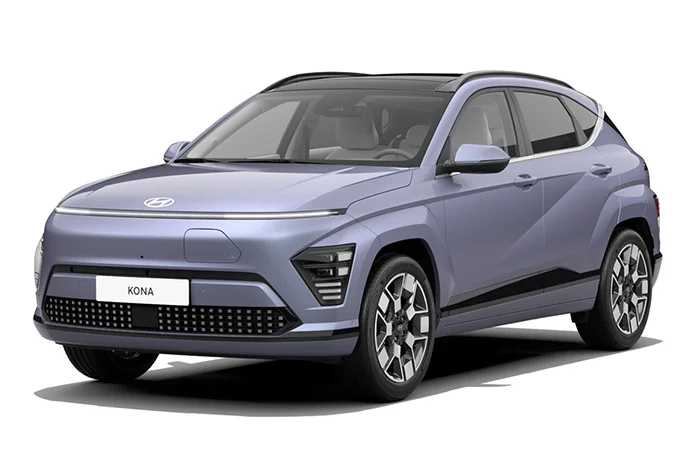Hyundai Kona is distinguished from other compact SUVs by its modern design and impressive features. All models of a vehicle have a different model year. The reliability of certain years has been impacted by recurring problems. Knowing which Hyundai Kona year to avoid can prevent unexpected repairs and high maintenance costs.
Potential buyers and owners must understand these concerns if they are to achieve a smoother experience. This article discusses Hyundai Kona years you should reconsider based on reports from owners and experts. You’ll learn everything you need to know about buying or owning a car after you finish this course. Would you like to choose better? Let’s start.
Hyundai Kona Model Years to Avoid
Some model years of the Hyundai Kona tend to get complaints and mechanical problems more frequently than others. Many reliability concerns have been raised about the 2018 and 2019 models. Here are the reasons why you should avoid these years.
| Model Year | Aspects to consider |
| 2018 | Stalled engines, electrical problems, and failures of safety features |
| 2019 | Recalls of engines, problems with airbag deployment |
2018 Hyundai Kona
In 2018, Hyundai Kona made its debut, but first impressions weren’t as good as we’d hoped. This year, drivers reported engine-related problems, such as stalls, strange noises, and engine failures. Additionally, these issues led to expensive repairs in addition to affecting performance. There were also frequent malfunctions with the electrical system. Driver safety is compromised due to insufficient reliability of safety features like blind-spot collision warnings.
The 2018 Hyundai model had a learning curve, as is usually the case with debut vehicles. Inconsistencies in manufacturing and software glitches made it a risky option for buyers.
2019 Hyundai Kona
In 2019, there were some improvements made to the Kona, but not everything went smoothly. Hyundai was forced to recall thousands of Kona and Veloster vehicles due to defective piston oil rings. In fact, due to these defects, the engine even stalled while driving.
Another alarming issue was the failure of safety systems. Airbags have failed to deploy during accidents, according to reports. There was a serious question of reliability in such situations.
These two years can be avoided to avoid frustration caused by recurring issues. Modern models offer increased reliability and improved features.
Common Issues Hyundai Kona

A number of problems affect the performance and reliability of the 2018 and 2019 Hyundai Kona models. If you’re considering a used Kona, you should be aware of these issues.
Failures of engines
There have been many engine problems reported over the past few years. Excessive oil consumption, stalling, and knocking noises were common complaints from owners. Drivers were left stranded in some cases due to engine failure. This issue has been brought to light by the recall concerning defective piston oil rings. You can lose trust in the vehicle when these problems arise, and they can cost a lot of money.
Deficiencies in electrical systems
A particular issue affected the 2018 Kona. There were a lot of malfunctions with information and entertainment devices. There were no functioning blind-spot warning systems, lane-keeping assist systems, or collision-avoidance assistance systems that worked correctly. Additionally, these malfunctions are detrimental to road safety and disrupt the convenience of drivers.
Failures of safety features
There are other safety concerns besides a malfunctioning system. Some airbags failed to deploy when the 2019 Kona was impacted. During accidents, passengers are more likely to be injured due to these failures.
Having these issues significantly decreases the likelihood of buyers choosing a Hyundai Kona. It is better to avoid these years altogether rather than rely on recalls or repairs to address these problems.
Mitsubishi Outlander Years to Avoid: Comprehensive Guide
GMC Terrain Years to Avoid: Comprehensive Guide
Lincoln MKX Model Years to Avoid: Comprehensive Guide
Taipei Self Driving Gharry: Comprehensive Guide
Conclusion
This stylish and practical compact SUV has a lower reliability rating than its predecessors. Models from 2018 and 2019 are prone to engine failures, electrical malfunctions, and safety concerns. The risks associated with these earlier models make them less appealing to prospective buyers, despite Hyundai having addressed some of these issues through recalls and improvements.
![Hyundai Kona Years to Avoid [Complete Guide] Hyundai Kona Years to Avoid](https://carscure.com/wp-content/uploads/2024/12/Hyundai-Kona-Years-to-Avoid.webp)